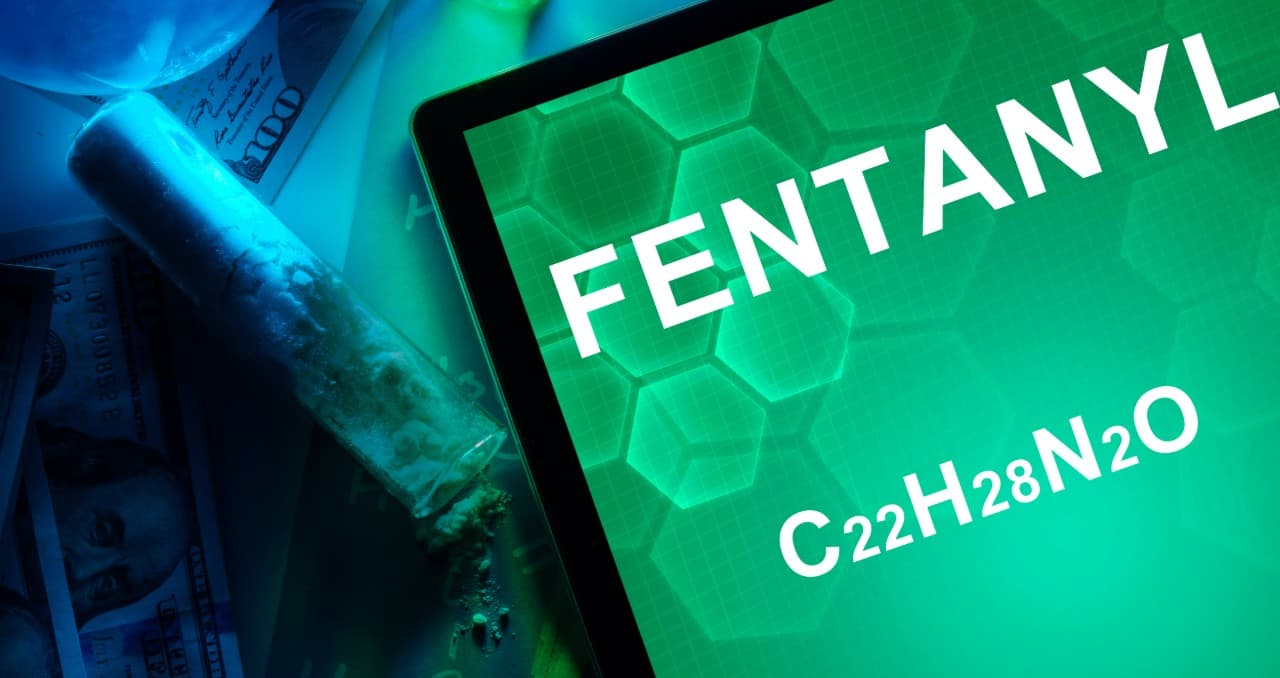Possessing illicit narcotics constitutes a felony possession of drugs charge under Arizona law. Additionally, in order to lawful possess prescription narcotics, you must first possess a valid prescription. Examples of narcotic drugs include:
Under A.R.S. § 13-3408, possession of narcotic drugs is a class 4 felony.
SIDE NOTE: When charged with possession of prescription-only narcotics, a valid prescription at the time of possession is an affirmative defense. Additionally, a valid AMMA card on the date of offense provides a defense to possession of marijuana concentrates.
Under Arizona law dangerous drugs, are drugs which are not narcotics nor marijuana. Dangerous drugs include hallucinogenic substances, synthetic drugs (cannabimimetic substances) and several other statutory substances. Examples of some of the more common dangerous drugs include:
Under ARS 13 3407, possession of dangerous drugs is a class 4 felony.
SIDE NOTE: A charge of possession of methamphetamine falls outside of the protections of Proposition 200.

Arizona is the only state in the in the U.S. where possession of marijuana, of any amount, is illegal. While a simple possession of marijuana charge is considered a Class 6 felony, these charges can often be pleaded down to a Class 1 misdemeanor for many first or second-time offenders. Other times, possession of marijuana can be resolved through completion of a diversion program.
However, possession of a marijuana concentrate is not classified as possession of marijuana as the plant has been transformed through the extraction process. In Arizona, possession of marijuana concentrates is a violation of A.R.S. § 13-3408 and classified as possession of a narcotic drug.
A valid AMMA card at the time of possession is an affirmative defense to possession of marijuana as well as marijuana concentrates and will normally lead to your case being dismissed.
Under A.R.S. § 13-3405, possession of marijuana drugs is a class 6 felony.
In the state of Arizona, it is illegal to obtain and/or possess prescription drugs that are not valid for your own personal use. For example, if you fraudulently obtain a prescription drug for personal use, or obtaining a prescription drug that is not yours, it is considered a crime.
In order for this charge to be valid, the prosecution must prove that the defendant knowingly possessed an illegal prescription drug. The prosecution must also prove that the defendant knew the drug was prescription-only, and thus could not be used by those without a valid prescription.
Under A.R.S. § 13-3401, a prescription-only drug is defined as a drug which is not a narcotic drug or a dangerous drug, and which:
However, if the drug is a prescription-only drug but is also a narcotic or dangerous drug, a more serious felony possession of drugs charge should be expected. Common prescription-only drugs that are also narcotics or dangerous drugs include:
Under A.R.S. § 13-3406, possession of subscription-only drugs is a class 1 misdemeanor. However, if the prescription-only drug is also a narcotic or dangerous drug the offense is a class 4 felony.
A separate statute governs the penalties for possession of peyote, under A.R.S. § 13-3402. This statute also provides that it is generally a defense to the charge if the drug was being used for religious purposes, as part of a religious ceremony, and posed no danger to others.
Under A.R.S. § 13-3402, possession of peyote is a class 6 felony.
Possession of vapor-releasing substance is illegal under Arizona law. This applies to substances such as:
Under A.R.S. § 13-3403, possession of a vapor-releasing substance is a class 5 felony.
SIDE NOTE: While possession of vapor-releasing substance is normally a class 5 felony, the judge has the authority in some cases to reduce the classification to a class 1 misdemeanor.

Even if you are not found in possession of any kind of drug, you can still be charged for possession of drug paraphernalia. Possession of drug paraphernalia is also often added on top of charges for felony possession of drugs.
Pursuant to A.R.S. § 13-3415, it is illegal to possess any form of drug paraphernalia. Drug paraphernalia includes any object that is associated with the use, preparation and/or function of a drug. Examples of drug paraphernalia include:
Under ARS 13-3415, possession of drug paraphernalia is a class 6 felony.
While the term “possession” may seem fairly straight forward, possession is actually a legal term of art. Certainly being caught with an illegal drug in your pocket would constitute the most obvious form of possession. However, when illegal items are found in a shared home, in a car with multiple occupants or drugs are shared between people, the concept of possession becomes much more convoluted. Legally speaking, there are three general types of possession.
Actual possession is the most obvious form of possession. Actual possession means that a person knowingly exercised direct physical control over an object.
Example: Being found with cocaine in your hand.
Generally, constructive possession applies to circumstances where the drug is not found on the person or in their presence, but rather in a place “under his dominion and control” and when it can be reasonably inferred that the defendant had actual knowledge of the existence of the narcotics.
Example: Drugs found in the glove box of a car registered to the person when they are they only person in the car.
Joint possession applies when multiple people have a vested interest in the property in question.
Example: A group of people pass a joint amongst them. When police arrive, only one person is in “actual possession” of the marijuana but they can all be charged with marijuana possession under a joint possession theory.
Under ARS 13-3415, possession of drug paraphernalia is a class 6 felony.

Because of the differences in charges, the overlap of drug categories, and other variables (including your prior criminal history), it is not possible to provide an absolute answer to the applicable penalties without examining a case in detail. However, the following provides a general guideline for felony possession of drugs in Arizona.
Penalties for Class 1 Misdemeanor
Penalties for Class 6 Felony
Penalties for Class 5 Felony
Penalties for Class 4 Felony
With a growing number of Americans addicted to drugs, Arizona has enacted laws and allows certain individuals charged with low-level drug crimes with an opportunity to patriciate in programs that serve as an alternative to a traditional conviction and jail or prison sentence.
While commonly referred to as TASC programs due to the private agency that used to run these programs, these programs include diversion, alcohol and drug rehabilitation, drug court, community service, and others. The important thing to recognize is that with the right felony possession of drugs lawyer, jail or prison is not necessarily the only possible result in your case.
SIDE NOTE: The TASC company no longer runs these programs. Instead, Sage Counseling now handles Maricopa County’s adult diversion program.
In Arizona, felony possession of drugs offenses are covered by Proposition 200 pursuant to A.R.S. § 13-901.01. This proposition makes probation, rather than incarceration, mandatory for (most) first and second-time drug possession offenses provided they are willing to participate in drug treatment.
SIDE NOTE: Possession of methamphetamine falls outside of the protections of Proposition 200.
Each of the classifications and penalties above, presumes that the amount in question was “under the threshold” and that the felony possession of drugs was simply for personal possession and not possession for sale. However, under Arizona law there are certain drugs that have a statutory threshold amount. This threshold serves two primary purposes: 1) indicia of sale; and 2) Drug sale probation ineligibility.
The threshold amount in a possession case serves as the amount of a drug that law enforcement and prosecutors presume is an amount for sale rather than for personal use. When a person is found with a drug in an amount in excess of the statutory threshold amount, they will often be facing additional charges for possession for sale.
When the amount exceeds the threshold amount, the prosecution can use the amount as “indicia of sale” or circumstantial evidence that drug sales are occurring. Normally, for a drug sale prosecution to move forward they will seek need some other forms of indicia of sale. Examples of indicia of sale include:
Secondarily, the threshold amount makes a drug sale charge prison mandatory. Under Arizona law, if you are charged with drug trafficking and the amount of a particular drug you are possessing for sale is in excess of the threshold amount, you are ineligible be for probation and must be sentence to prison, if you are convicted.
Under ARS 13-3401(36), the statutory threshold amounts are as follows:

Clearly, the stakes in any drug case are high. Most of the charges are felonies, and the potential for incarceration and heavy fines makes it imperative that you have the right felony possession of drugs lawyer in your corner when facing a felony possession of drugs charge.
At Feldman & Royle, our experienced Phoenix possession of narcotic drugs for sale defense lawyers know how to provide clients with the best chance of a dismissal or a reduced charge. We understand that many of these charges are the result of drug dependency issues. We also understand the availability of alternative sentencing programs under Arizona law. At Feldman & Royle, we will use our experience and expertise to provide you with an intelligent defense strategy, so that your rights are protected at each and every step of your case.

No tags assigned to this post.